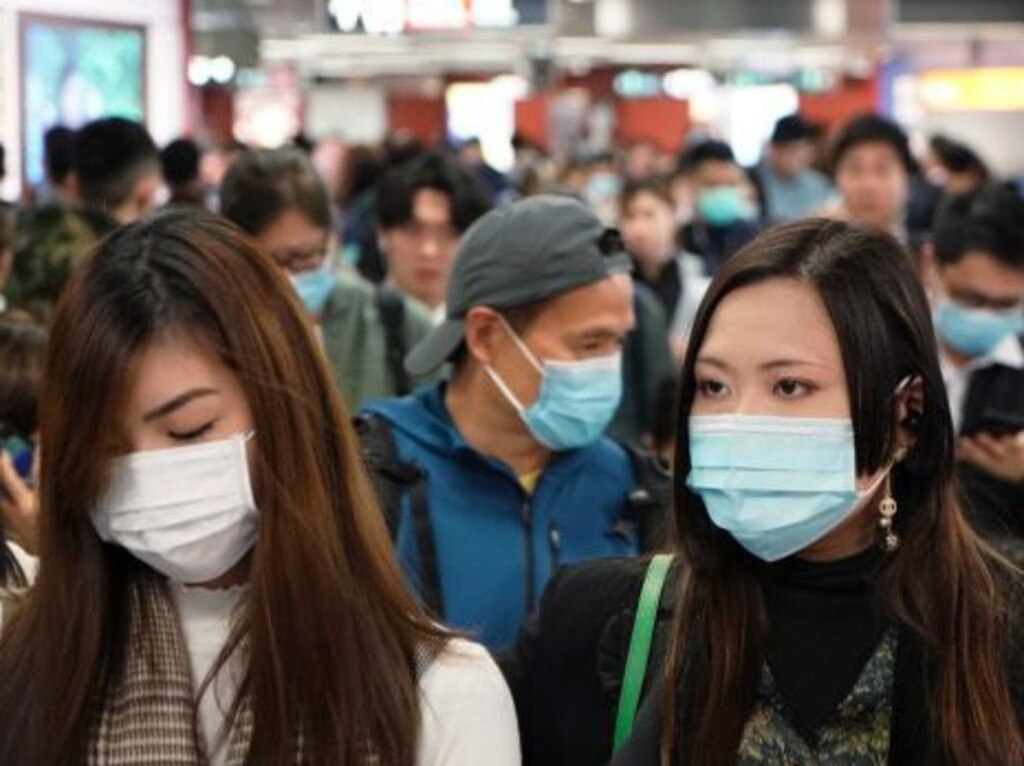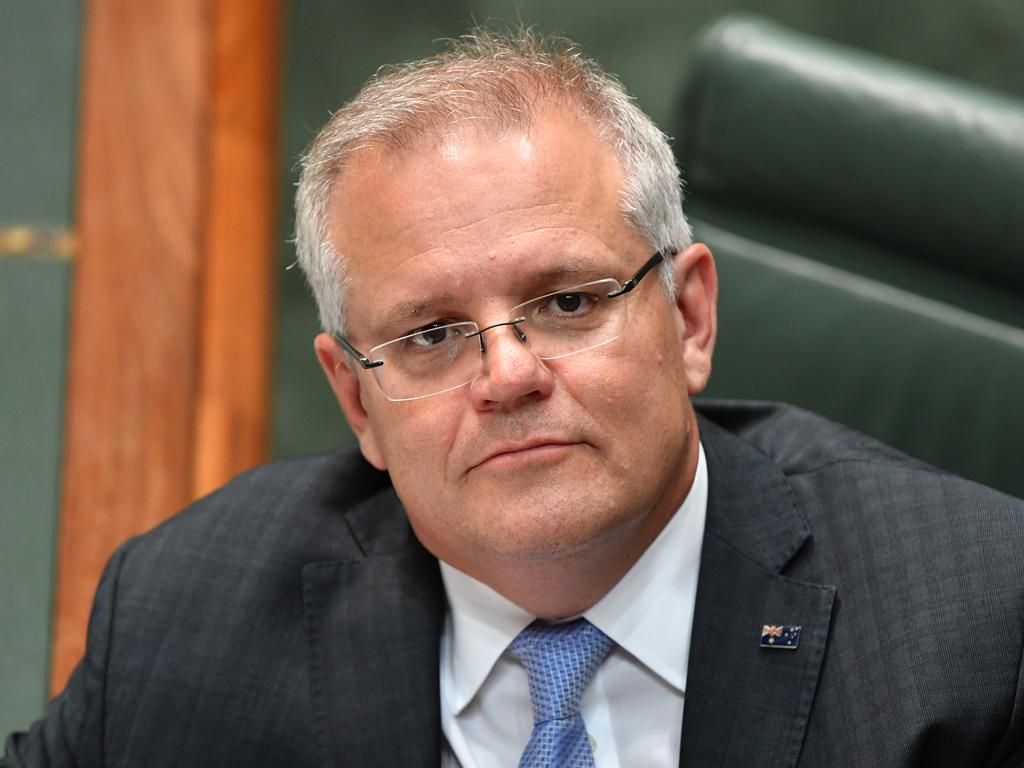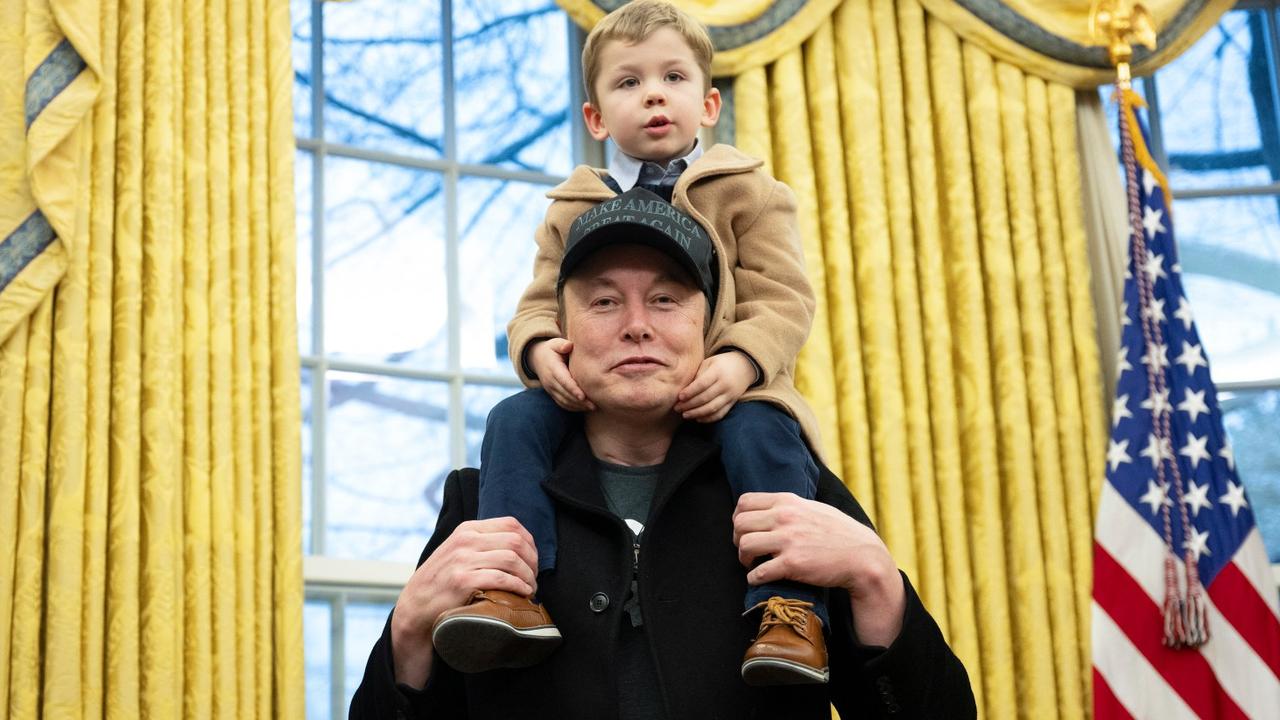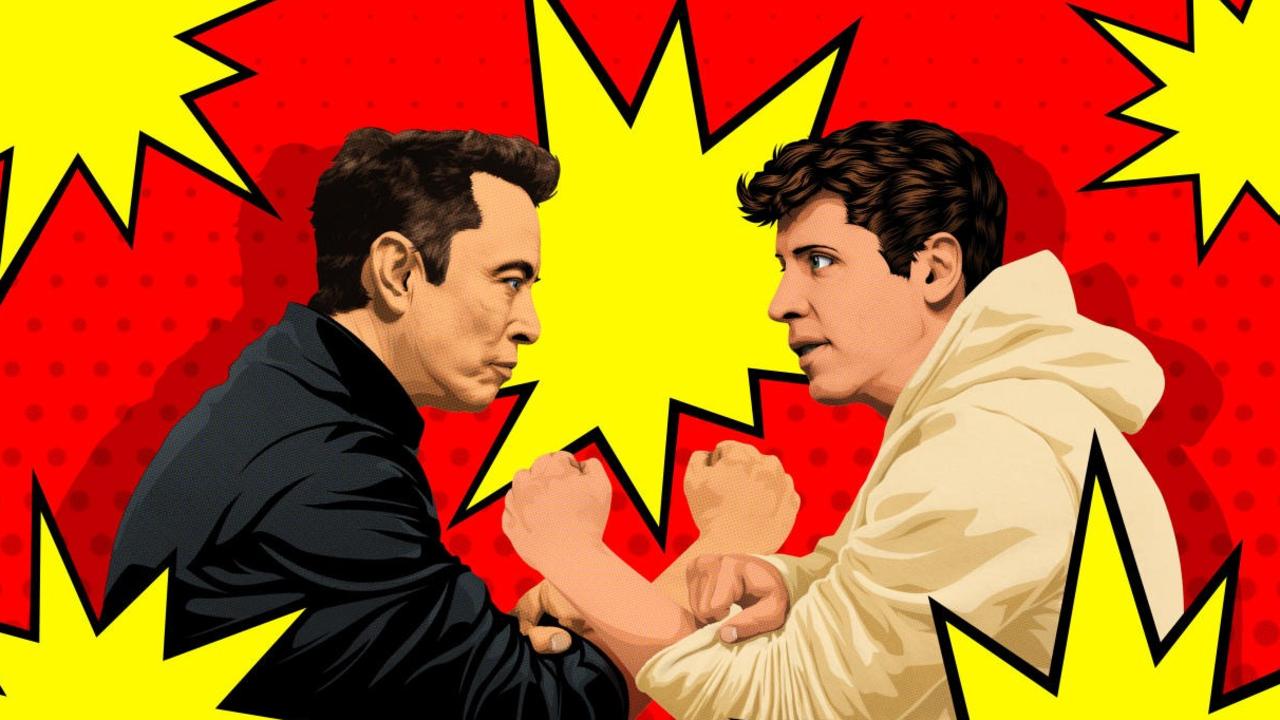WHO admits no coronavirus vaccine will be ready for 18 months
WHO admits a vaccine for the coronavirus won’t be ready for 18 months, as it renames the disease Covid-19.
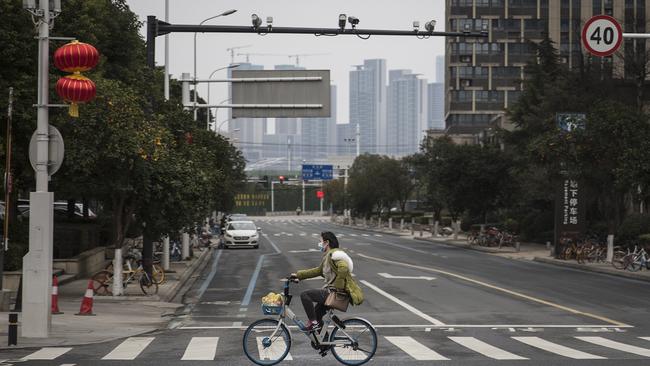
The World Health Organisation has admitted a vaccine for the coronavirus won’t be ready for 18 months, as it renames the disease Covid-19.
As the death toll in China climbed to over 1,000, and confirmed cases more than 42,000 worldwide, WHO Director-General Tedros Adhanom Ghebreyesus said it would take time to develop an effective vaccine.
”The development of vaccines and therapeutic is one important part of the research agenda but it’s only one part. They will take time to develop,” said Mr Tedros.
“The first vaccine won’t be ready within 18 months so we have to use every available weapon today to fight this virus.
“In the meantime we are not defenceless. There are many basic public health interventions that are available to us”.
Mr Tedros said the new name for the virus, came from the word coronavirus, with D added to mean disease and 19 standing for the year 2019 in which it became apparent in the human population.
Scientists have been grappling with a name that doesn’t stigmatise the region it was first discovered, Wuhan in China.
“Having a name matters to prevent the use of other names that can be inaccurate or stigmatising,” Mr Tedros said. “It also gives us a standard format to use for any future coronavirus outbreaks.”
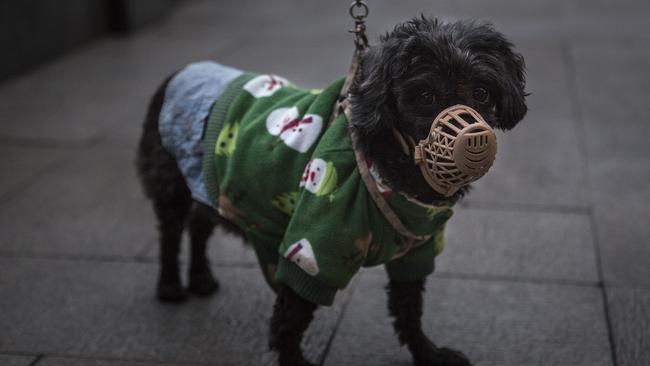
It came as Bank of England governor Mark Carney warned Chinese growth faced a “significant’’ slowdown to 4.5 per cent due to the virus.
Mr Carney said the economic impact of Covid-19 in the UK was “containable” and the UK system and its banks had been “stress-tested’’ to something much greater than what was expected from the Chinese slowdown.
Eight cases have been confirmed in the UK, but there are outbreaks of possible cases, including in a prison where three criminals with flu-like symptoms are being tested for the virus. One of the prisoners had been recently transferred from Thailand to the prison at Bullingdon.
Mr Carney told the House of Lords’ economic affairs committee the hit to China’s growth is set to be worse than seen during the SARS outbreak and that Chinese growth could go down to as low as 4.5pc from the current level of 6pc.
Mr Carney said that while this was “significant”, the spillover would be containable.
“We have stress-tested the UK system and particularly the UK banks to something much greater than that,’’ he said.
Meanwhile, Britain’s “super-spreader’’ Steve Walsh, 53, believed to have passed on Covid-19 to 11 other people during a skiing holiday in France before returning to Brighton in the UK, identified himself from hospital, saying he was making a full recovery.
Man linked to several coronavirus cases in UK, France and Mallorca says he has recovered from the illness https://t.co/V0DMOWEFG7
— BBC Breaking News (@BBCBreaking) February 11, 2020
“I was advised to attend an isolated room at hospital, despite showing no symptoms, and subsequently self-isolated at home as instructed,’’ Mr Walsh said after being told he had been in contact with a confirmed person with the virus.
“When the diagnosis was confirmed I was sent to an isolation unit in hospital, where I remain, and, as a precaution, my family was also asked to isolate themselves.’’
One nine year old child caught the virus from Mr Walsh, who sparked mass testing in the ski resort of Les Contamines-Montjoie and the closure of three local schools.
Meanwhile UK health secretary Matt Hancock has released monies to support any urgent works the NHS needs to respond to Covid-19. He told parliament: ”The situation will get worse before it gets better. We will be guided by the science. Be in no doubt, we will do everything that is effective to tackle this virus and keep people safe.
“We are investing £40m in vaccine research, are working with international efforts on therapeutics.’’



